In December 2018, Canadian environmental campaigner Tzeporah Berman took a break from an international climate summit in Katowice, Poland, to visit Auschwitz. It was a difficult and emotional experience for Berman, who is Jewish and whose relatives survived concentration camps and pogroms in occupied Poland during the Second World War. Her guide shared how guards who worked in the famous death camp helped kill people by day and then took their belongings home to their own children at night.
Nazis justified their atrocities by dehumanizing their victims, describing them as threats to safety and stability rather than human beings. Berman saw a parallel with her work on the climate crisis, negotiating with the oil industry to try to help Alberta develop serious climate legislation. “I spent about four years meeting with senior leaders in the oil industry trying to understand what all of these very smart and good people really think about climate change,” she says. “They were focused on dramatically increasing fossil fuel emissions at a point in our history when people are already dying because of climate change. They create justifications: ‘The world needs oil, and we’re providing it.’”
You may unsubscribe from any of our newsletters at any time.
Berman says her people’s history of suffering and persecution teaches them not to look away from horror or injustice. “Never forget,” she said in a speech last year in a packed synagogue in Vancouver. “We cannot afford climate silence. We cannot afford to turn away.”
More on Broadview: A ‘Christian animist’ on God in nature
Berman says her devout Jewish childhood gave her a deep sense of her place in the world and a moral obligation to make it better. She believes religion has the power to move people to action. “I think part of the reason we don’t have more action on climate change is that we have been talking about policies and tons of carbon and percentages of reduction instead of talking about morals and values,” she says. “Whether you’re Jewish or Christian or any religion or no religion, you’re more motivated by a value you hold than by data.”
A couple of years ago, Berman went through a dark period. The progressive legislation she had spent years designing didn’t survive. “I ended up becoming a political football,” she says. Alberta Premier Jason Kenney called her an “anti-energy zealot” and an “eco-radical.” She received death threats and was assaulted by a protester at the Edmonton airport. Meanwhile, the news on the climate crisis was getting more and more dire.
Berman took some time out to revisit wild places she loved: the forests and beaches of Clayoquot Sound and Cortes Island, B.C. “In the wilderness is the preservation of the world,” she says, quoting Henry David Thoreau. “It was like the wilderness was the preservation of my sanity.” She began reading Zen Buddhist thinkers and practising mindfulness. “The worse the climate science got, the more frantic I was feeling,” she says. Meditation reminded her that “the franticness is actually ego. I found myself coming out of a meditation and laughing at myself: ‘So you really think you’re the one who’s going to solve the global climate crisis?’”
Berman doesn’t consider herself particularly religious today, but she believes there is something in the world that transcends human beings. “We are a speck in the larger cosmos, and we are connected to that thread of life,” she says. She believes in practising the kind of spirituality that will help her “be the best person I can be at this moment in history.”
CORRECTION (July 31, 2020): This story has been edited to include that Poland was occupied during the Second World War. As well, the anecdote attributed to Berman’s guide at Auschwitz originally stated that his grandfather was a guard; this has been removed.
***
Josiah Neufeld is a Winnipeg-based magazine journalist and fiction writer.
I hope you found this Broadview article engaging. The magazine and its forerunners have been publishing continuously since 1829. We face a crisis today like no other in our 191-year history and we need your help. Would you consider a one-time gift to see us through this emergency?
We’re working hard to keep producing the print and digital versions of Broadview. We’ve adjusted our editorial plans to focus on coverage of the social, ethical and spiritual elements of the pandemic. But we can only deliver Broadview’s award-winning journalism if we can pay our bills. A single tax-receiptable gift right now is literally a lifeline.
Things will get better — we’ve overcome adversity before. But until then, we really need your help. No matter how large or small, I’m extremely grateful for your support.
Jocelyn Bell
Editor/Publisher

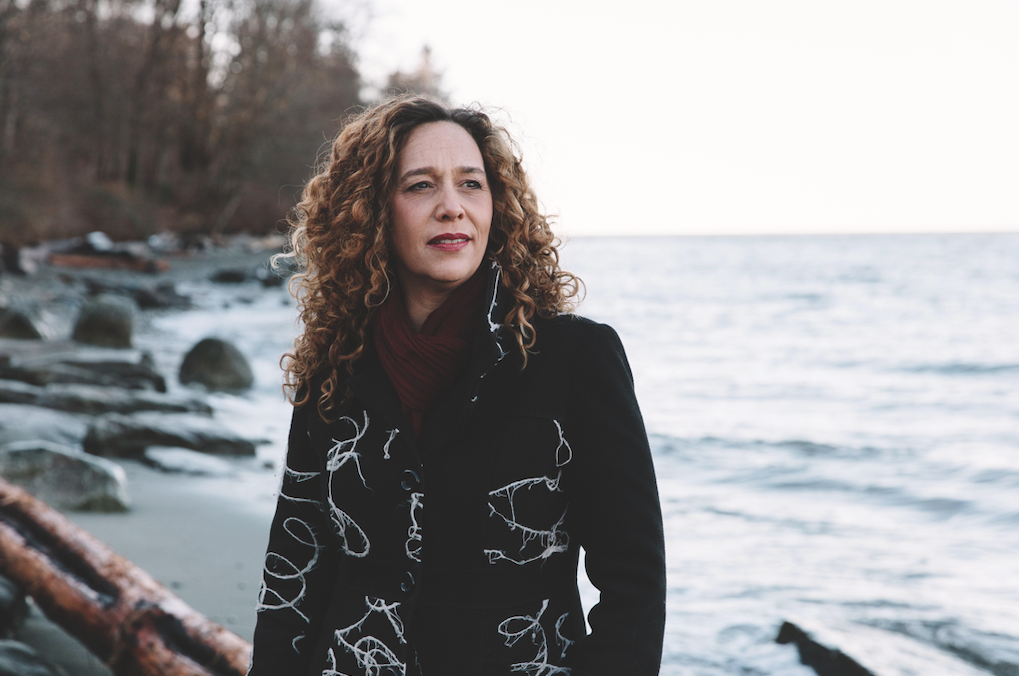





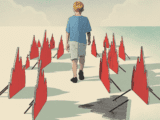


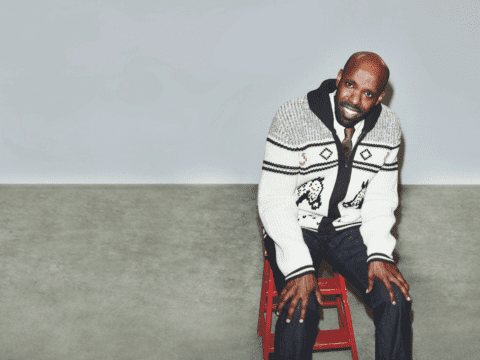
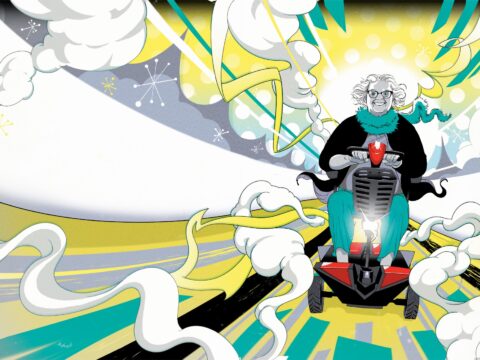
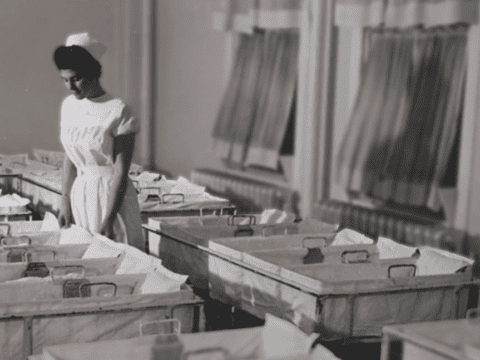
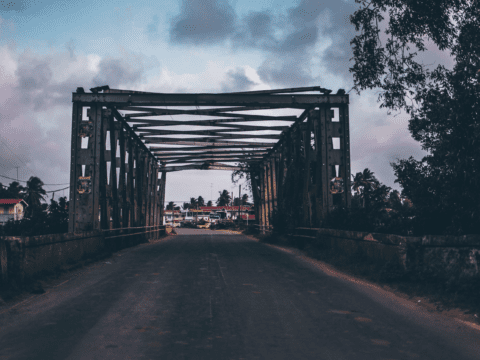
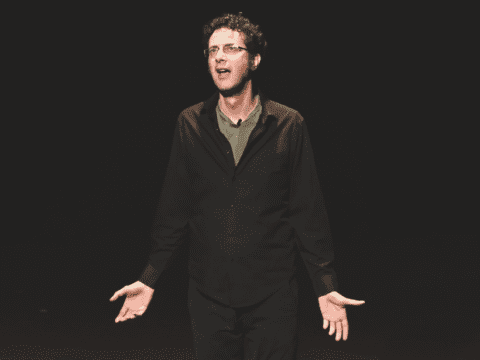
How does one compare the atrocities of World War 2 to climate change?
The leading killer in developed countries is cardio diseases and cancer. This is not a result of climate change, but gluttony (for the most part).
In undeveloped countries it is: communicable diseases, pre and post natal issues and malnutrition. (Funny, the opposite of developed country issues). Not a part of climate issues, but “first world” neglect.
We won’t put our effort into these issues because it doesn’t “effect” us. What we don’t see isn’t a part of our reality.
Funny, we have seen a huge decrease in emissions over the past 4 months, but the latest “report” is the world has been its warmest 6 months on record.
Your comments about the emissions from the last 4 months and linking them the warmest 6 months on the planets shows your lack of understanding about climate change.
When you say “we” won’t put our efforts into this, you’re not speaking for me nor for the organizations I work with to move them to be more environmentally sustainable
This article didn’t help me understand climate change either. It’s telling me that oil products are the prime mover in climate change.
But I think the prime mover is God. If we want change as a nation, getting right with God and prayer will help.
My thought in “our efforts into” was in diseases. natal care and malnutrition in “underdeveloped” countries. Ignoring these issues is morally wrong.
I’m not denying there seems to be definite extremes in weather, but are we trying to be “like God” in eliminating these extremes? Is it fear? If so, we need to examine our relationship with Christ.
Why do articles highlighting Judaism (a.k.a. “the Jewish faith”) so often feature an irrelevant reference to the Holocaust? In this case in an article on environmentalism, Auschwitz even shows up in the first sentence.
In contrast, Judaism is about life. Moshe says “choose life”! Jews around the world engage in the myriad dimensions of building G-d’s world and in studying his Torah and in the work of charity and justice. And in just living in G-d’s world.
It is disappointing that actively inspired Jews engaged in environmental work are not represented in this piece. After all there is a deep Torah literature on the environment. Instead, the presentation of Judaism has medieval echoes.